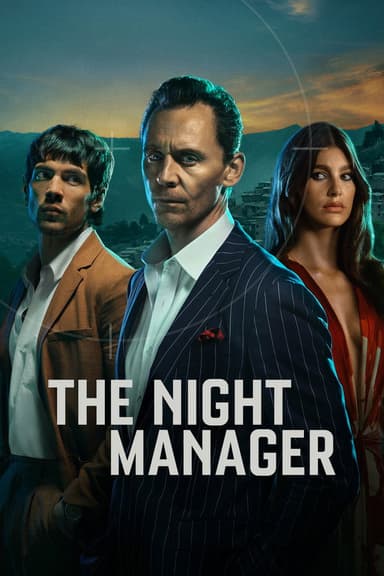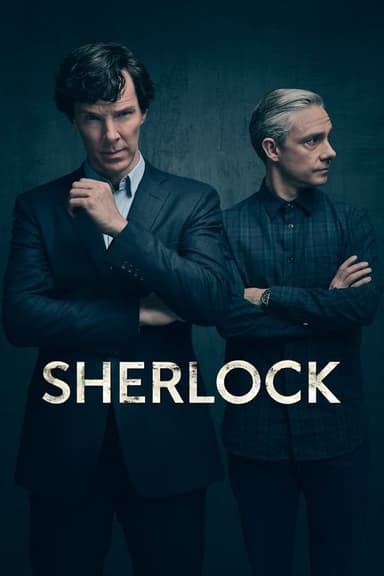
A Hero of Our Time
2007 • Action & Adventure, Crime, Drama
1837: Another year of the grueling Caucasian war. A young officer, Grigory Pechorin, was sent into exile to the active army for participating in a duel. Here in the Caucasus, Pechorin will have to become an unwitting participant in rapidly unfolding events - a fight with smugglers, the abduction of a young Circassian princess, another duel. And when the whole world turns against Pechorin, and a close friend falls by his hand, he will continue his journey alone, a hero, a product of the new age...
Why you should read the novel
If you truly want to understand the profound depth and philosophical complexities of Pechorin, reading A Hero of Our Time by Mikhail Lermontov is indispensable. The novel’s introspective narrative style, together with the fragmented structure of its tales, offers readers a first-hand exploration into Pechorin’s psyche in a way no televised adaptation can capture. Delving into Lermontov’s original work uncovers themes of morality, fate, and the Russian soul that are often only glossed over in visual adaptations.
Experience the powerful prose and timeless messages of Lermontov’s celebrated novel, A Hero of Our Time, which has influenced generations of Russian and world literature. By choosing to read the source material, you engage directly with the author’s artistic intent, his nuanced character development, and the philosophical discourses that underpin each chapter. The book paints a more intricate portrait of 19th-century Russian society and explores existential queries with unparalleled literary craft.
Rather than watching a condensed version on TV, immerse yourself in the world of Lermontov’s artistry. The original novel conveys emotions, motivations, and contexts through its unique narrative techniques that television simply cannot replicate. Indulge in the richness of the text, appreciate the subtleties of the author’s language, and discover the nuances that make A Hero of Our Time an enduring classic worth reading.
Adaptation differences
One significant difference between the 2007 TV adaptation of A Hero of Our Time and Mikhail Lermontov’s original novel lies in the narrative structure. While the book presents the story in a non-linear, fragmented fashion, allowing readers to piece together Pechorin’s character through multiple perspectives and diary entries, the adaptation often streamlines these events for narrative clarity, potentially reducing the complexity and ambiguity inherent to the novel.
Characterization is another key divergence. In the source novel, Pechorin remains an enigmatic antihero whose actions and motives are open to interpretation. The TV series, however, tends to portray him with more overt sympathy or even justification, possibly to better engage modern audiences with visual storytelling. This approach can dilute the philosophical ambiguity and moral complexity that Lermontov infused into his protagonist.
The adaptation frequently condenses or omits secondary characters and subplots due to time constraints, altering the significance of interpersonal dynamics and thematic depth. These edits can lead viewers to a surface-level understanding of the narrative, missing out on the layered relationships and subtle societal critique provided by the literary original.
Lastly, the atmospheric qualities of Lermontov’s prose—the introspection, philosophical commentary, and social observations—are difficult to translate faithfully onto screen. The series may focus more on plot and action, sometimes at the expense of the introspective moments that give the novel its enduring power. As a result, the book remains the superior choice for readers seeking the full depth and richness of A Hero of Our Time.
A Hero of Our Time inspired from
A Hero of Our Time
by Mikhail Lermontov










